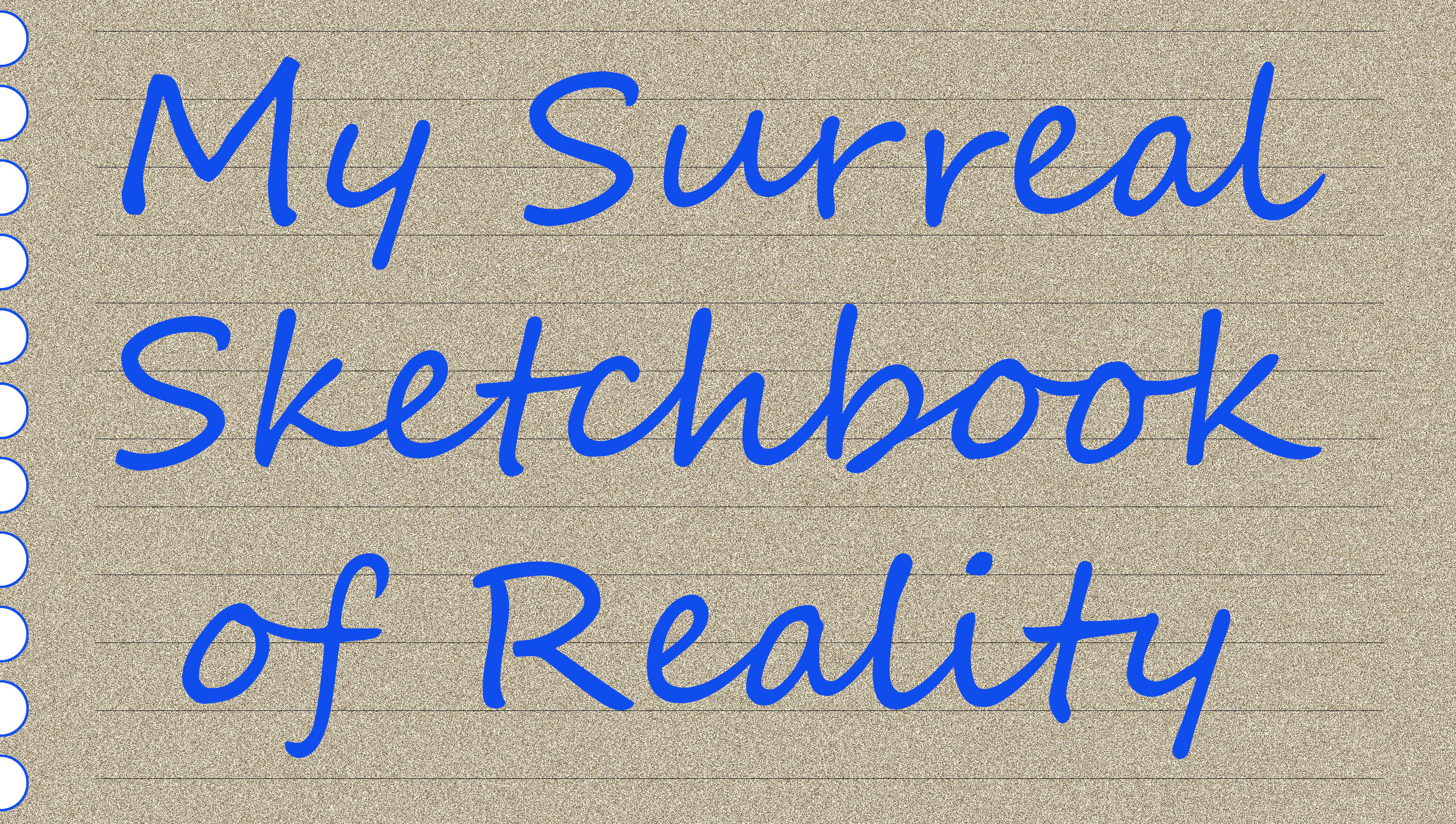The Protector – a 100 word story
The last of the Porcupine Caribou waded through the snow. The hunter pushed on, already thinking about the money this stuffed animal would bring him. He could see it in the distance, a brownish white spot on the spot white snow. He just had to get closer, within shooting range. He moved stealthily and quietly until he could almost smell the prey. Suddenly, the reindeer looked up, his eyes intelligent and sad. A shot was heard and the hunter fell dead on the snow. The protector smiled, walked to his beloved pet and gave it a rubbing behind the ear.
—–
Hi there and thanks for stopping by. I’m Guy, and you’re listening to my surreal sketchbook of reality.
—–
Episode 26, Intelligent and Sad
Every once in a while, a feeling of melancholy might fall upon you. This feeling is also known as sadness. This episode Is a semi-philosophical look at sadness. I’m not a professional philosopher by any means and my approach can be quite absurd, illogical and not at all that serious, so – you’ve been warned. Do not take this podcast too seriously. If you tend to take things too seriously, this might not be the podcast for you. Seriously. I mean it. Find another podcast to listen to.
You’re still here? Good. Let’s talk about sadness. Sadness seems to have two main causes. The first one is loss. The other is a discrepancy between you and the world around you that may lead to loneliness and alienation. There might be other reasons for sadness but those seem to be the two main ones. Loss is the absence of someone, an absence that leaves a hole where that special someone used to be. Someone was there and he or she is not there anymore. That someone might be a lover who walked out on you or a child who left home. They might leave you with the hope that they might return or they might be gone for good. In a way, that someone is still there, only not with you anymore. For this reason, such a loss might sometimes be more difficult to accept.
There is another kind of loss, one that is interwoven with the tapestry of the dippest kind of sadness. That loss is the result of the death of a loved one. That kind of loss leaves a hole that can never be filled. That kind of hole is within you for the rest of your life, always there, lurking in the shadows. It is the kind of sadness that is interwoven into your very being. You can learn to live with it, but it never completely disappears. No matter what you do, there will be loss in your life. It’s inevitable. People die or move on, leaving a person-shaped hole where they used to be in your life. I’m going to try and fix this hole here. I’ll be right back.
—–
Hide – a 100 word story
I want to hide from it. I don’t want to be part of it anymore. I want people to forget my name, forget I ever existed, then, maybe I’ll be free. All the things that have gone wrong, all my mistakes would disappear. So… can you do it? Good. Your plane of existence sounds good to me. So… you say it’s completely empty? Excellent. Now – about the cost. As I understand it, I renounce my connection to reality and sign it up to you. That’s fine with me. I never had much use for it anyway. Where do I sign?
—–
Welcome back. There is another kind of sadness, one that comes from not being in sync with the people around you. The sadness of the one who is different from the ones around him. The sadness that comes from the loneliness of being a unique human being, from being the unknown in the eyes of those around you. Most people are afraid of the unknown. It’s a fear that comes from ancient times when the unknown could be someone from an opposing tribe, someone that could kill you. If you are different, you are the unknown and people tend to stay away. It’s not a rational fear and it comes from ignorance. It has no place in modern times but it’s our heritage from that ancient past.
In truth, we are all different. We are all unique but sometimes it is difficult for the average person to understand this. Being perceived as different by those around you is really just a product of being in the wrong place. People are still tribal in nature and they like gathering with their own tribe. If you are in the wrong tribe you are perceived as different. It is quite easy to find a tribe that fits you today if you are stuck in the wrong place. This is one of the things the social part of the internet is used for. While finding your tribe in social media might be easier today then it used to be, there is still a problem. The people of your tribe might be scattered throughout the far-out corners of the world and reaching them might not be easy.
An internet-based tribe is no substitute for human touch, human contact. When your tribe is scattered around the world, that contact is missing and in its place, there is sadness. It’s a sadness that cannot always be resolved. You just have to learn to live with your sadness, embrace it as your very own unique brand of sadness. Give your sadness a name, joke with it, have a drink with it, make it your friend. This concludes episode 26 of this podcast. Close the door on your way out and don’t forget – I’m just a figment of your imagination.
—–
